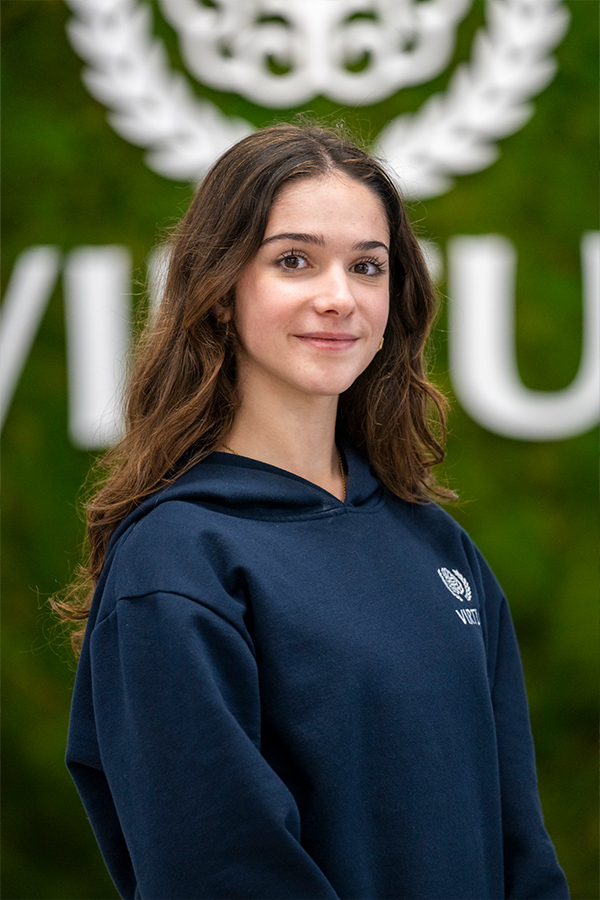PSHE
Personal, Social, Health and Economic Education.
What is PSHE?
An acronym for Personal, Social, Health and Economic Education; it is a compulsory subject which every student at Virtus is taught.
It is aligned with the UK curriculum as recommended by the PSHE association and Department of Education (DfE). It aims to prepare our students for life beyond Sixth Form and to equip them with the knowledge, tools and skills needed to successfully navigate adolescent life.
The aims of our PSHE Programme can be see below:
- To help our students acquire the knowledge, understanding and skills needed for their next steps beyond Virtus.
- To help our students understand the decisions and skills needed to live happy, safe and healthy lives.
- To help students develop key transferable skills such as self-management, critical thinking, communication, resilience.
- To foster students’ global social responsibility and recognise that they are citizens of the world, with the responsibility that entails.
- To educate our students about the British values of tolerance, acceptance and democratic rights.
- To promote our school’s values of discipline, resilience, integrity, vision and enthusiasm.

Content

PSHE sessions will offer students the opportunity to reflect on, discuss and debate issues relevant to their lives. The themes we explore at Virtus have been grouped as follows:
- Relationships: topics range from maintaining respectful and meaningful relationships to citizenship.
- Health and wellbeing: topics range from physical, emotional and mental wellbeing to sex education.
- Living in the wider world: topics range from cyber wellbeing to managing personal finance and navigating career options.
The learning provided during PSHE sessions aims to support the wellbeing of students.
The curriculum content has been mapped to ensure an intentional sequential learning experience.
Year 12
September
Careers: Self-evaluation, ambitious goals, CV writing and interview practice.
October
Careers: Careers goals, options in a global economy.
Health Lifestyle & mental health: Anxiety, well being and peer support and the danger of drugs.
November
Healthy Lifestyle & mental health: AI, fake news, impact of social media on self esteem.
December
Relationships: Types of relationships, prejudice and my values.
January
Assembly on managing stress.
Relationships: consent, consent around the world, violence against women.
February
Risk, personal safety & drugs: Getting home, planning a holiday and First Aid.
March
Risk, personal safety & drugs: Crime, alcohol & spiked drinks.
April
Bullying, abuse & discrimination: Coercion, emotional abuse, gaslighting.
May
Bullying, abuse & discrimination: Forced marriage, organised crime.
June
Media literacy & Digital resilience: online safety, Fake news, Social media, radicalisation.
Year 13
September
Employment and responsibility: CV writing, using LinkedIn and interview preparation.
October
Anxiety, depression, and healthy lifestyle: The danger of drugs.
Wellbeing & sexual health: Body image, sexual health, STI.
November
Artificial intelligence and fake news impact of social media on self esteem.
December
Forming respectful relationships: First dates, emotional intimacy.
January
Forming respectful relationships: Toxic relationships, contraception & breaking up.
Assembly on managing stress.
February
Forming respectful relationships: Importance of family & friends, online dating.
March
Financial choices: Budgeting at Uni, payslips, tax…
April
Financial choices: Trading, being financially savvy, consumer sights in the UK.
Key Worlds/Skills
Preparing students for life after Sixth Form and including transition to working life, personal safety, relationships, sexual health and managing money.
